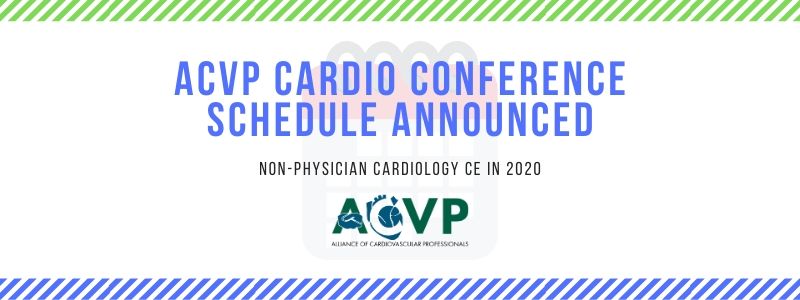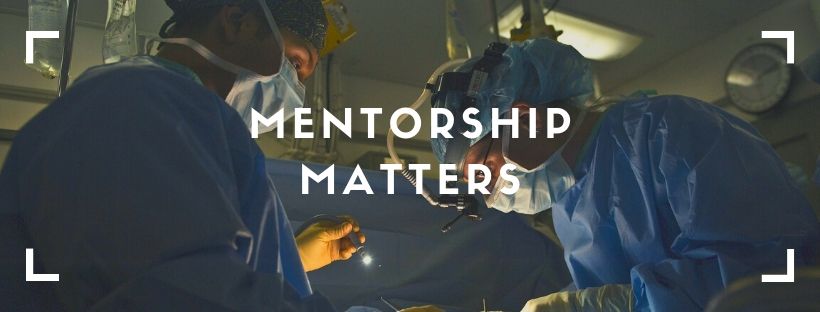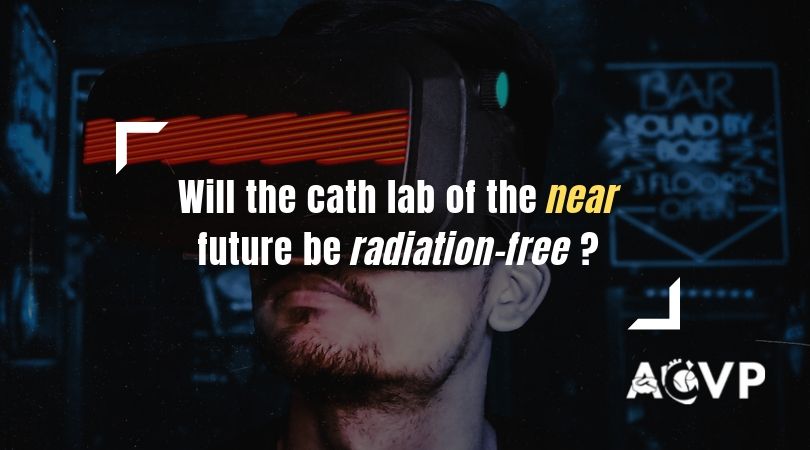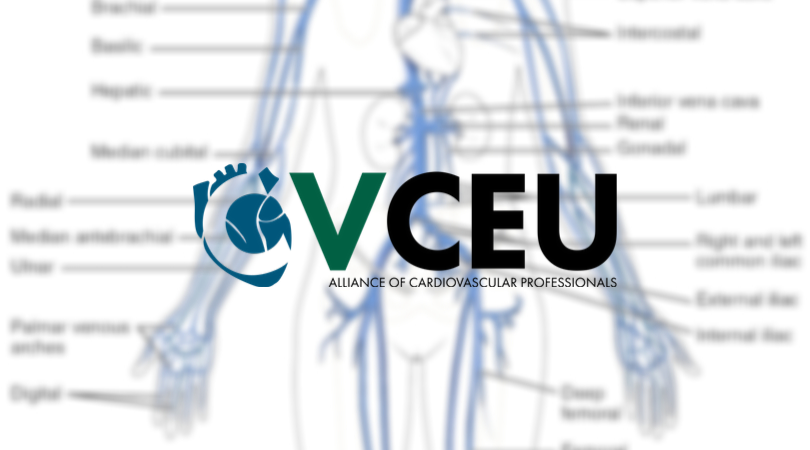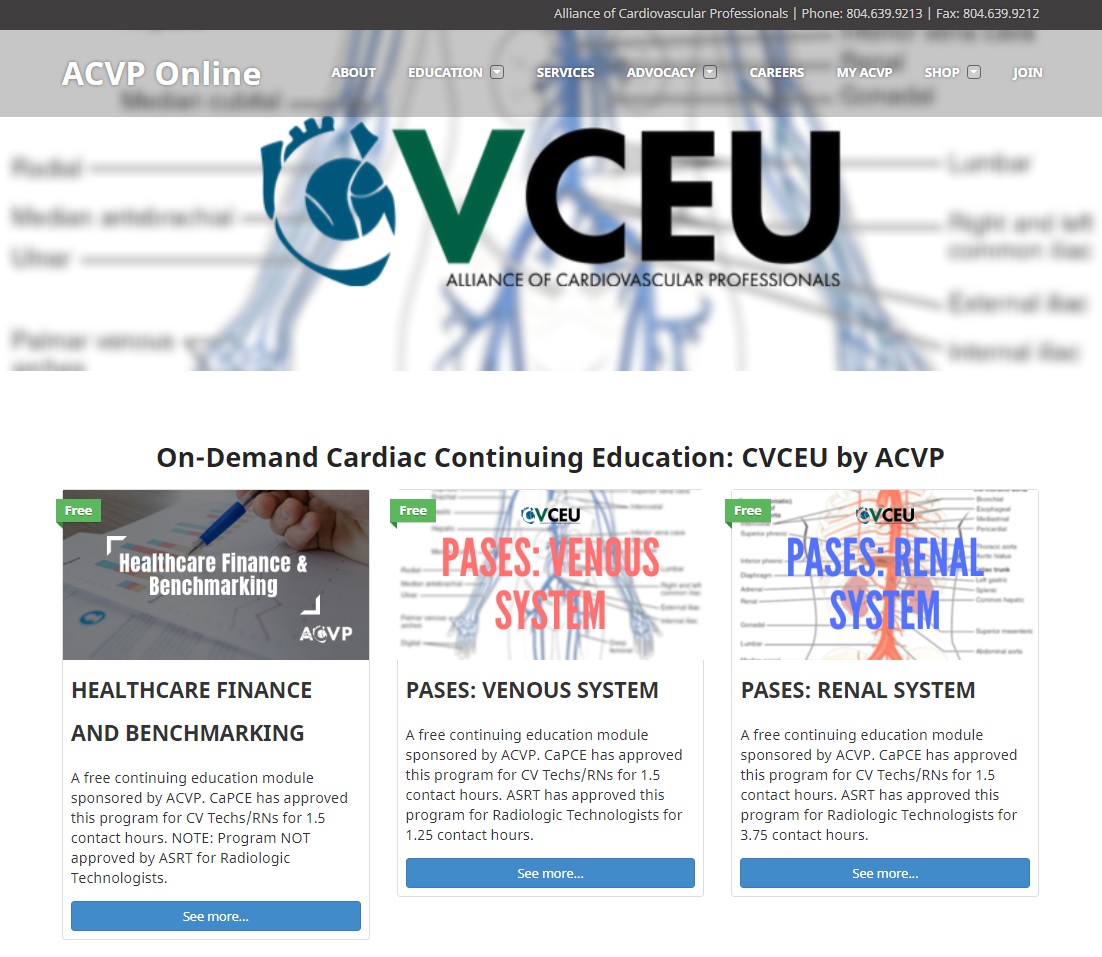The Alliance of Cardiovascular Professionals is excited to announce its upcoming slate of cardiology CE 2020 conferences for non-physician professionals. ACVP's mission is to bring the best low-cost, cardiology-specific continuing education directly to non-physician professionals around the United States.
Registered nurses and radiologic technologists often struggle to find quality cardiac-specific continuing education, as many of their CE resources are relevant to other specialties. ACVP seeks to solve that problem. And while cardiovascular technologists do not face the same issue in finding relevant education, ACVP remains a major provider of high quality continuing education for cardiovascular technologists.
ACVP is the only organization serving exclusively non-physicians in all cardiology specialties.
ACVP regional meetings provide a unique opportunity for registered nurses, radiologic and cardiovascular technologists to earn CEUs for cardiac-specific education in a preferred, in-person format. Excellent speakers offer timely content relevant to practice in your area, and attendee reviews are consistently stellar.
Dual-credentialed professionals, RT/RCIS or RN/RCIS, love our education for providing them with CEs applicable for both credentials. All ACVP conferences provide continuing education recognized by Cardiovascular Credentialing International, the American Registry of Radiologic Technologists and all State Boards of Nursing.
Planned Slate of Regional Cardiology CE 2020 Conferences
Continue reading Non-physician Cardiology CE 2020 Slate Announced
